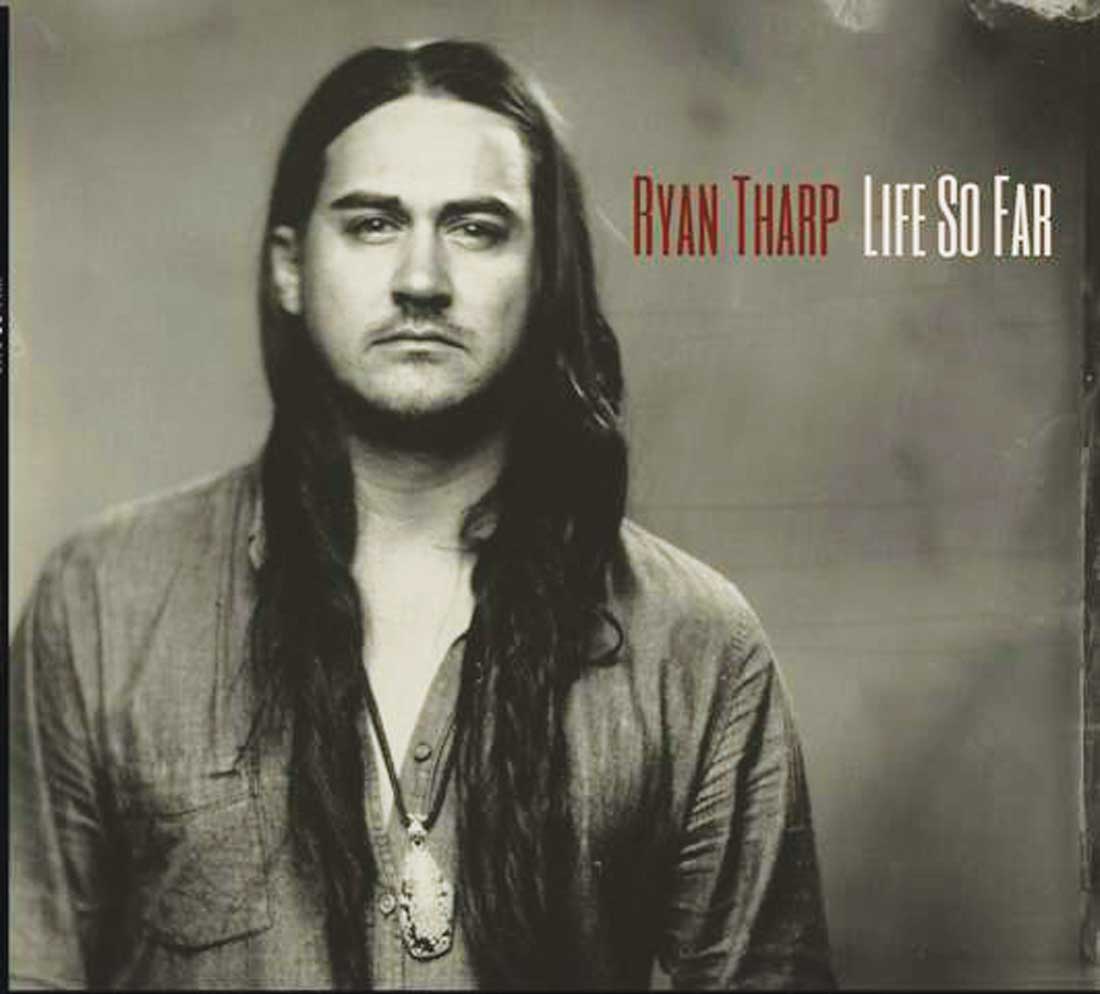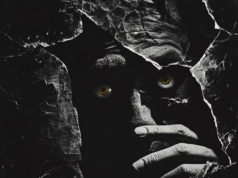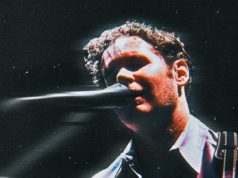Give a listen to Life So Far, the debut album from Ryan Tharp, and one impression may cross your mind: This is an awfully confident freshman effort. The 29-year-old Fort Worth singer-songwriter-guitarist casually but masterfully traverses the nuances of big guitar rock, from grungy, Temple of the Dog-ish power anthems (“Crawl to Me”) to surging Jack White-ish freakouts (“Bad Scene”) to sly, spacey prog-rock-inspired meditations (“Every Word”). He plays every kind of stringed instrument you can name with authority and sings with a weary, back-of-the-throat earnestness.
Tharp may just now be releasing his first full-length, but the Brownwood native has been soaking up a lot of experiences both on the road and in the studio: He’s been supporting himself as a professional side guitarist since he was 18 in Austin, touring and recording statewide and down both coasts with numerous Americana, heavy metal, and jazz-blues bands.
“There’s never been a Plan B for me,” said Tharp, who’s lived and performed regularly in Fort Worth since 2009. “I didn’t go to college, and I don’t have children. I’ve always been open to every opportunity that came my way. I’ve been able to pick up and tour for a few days or a few weeks at a time. I really believe when you make yourself available like that, the universe opens doors for you.”
The stellar Life So Far is the second release from Magnolia Records, an independent label co-owned by the folks behind Magnolia Motor Lounge, the West 7th Street corridor mainstay where Tharp has been holding down Thursday nights (when he’s not traveling) since around 2013. The label’s first outing was the Quaker City Night Hawks’ 2012 EP Live at Magnolia Motor Lounge. The third will come from Austin singer-songwriter-guitarist Red Shahan, whose yet-unnamed full-length was co-produced by Tharp and drummer Matthew Smith. Co-owner of the venue and the label, Smith has been collaborating with Tharp for five years.
Tharp said he has produced albums by at least six other artists, which may partly explain the infrequency of his own studio efforts. Besides Life So Far, he has put out only one disc with his name on it. That untitled EP came out 11 years ago, when he was a fresh-out-of-high-school Austin club fixture just being courted as a backup musician by other artists for his impressive, classically trained fretwork. He treated that EP mostly as a promotional tool, giving it away at shows. Over the next decade, his professional momentum as a hired gun so occupied his schedule, it didn’t occur to him until last year that he ought to pause again and record some of his own compositions. He’d been writing songs all along, though.
“I finally just said, ‘Screw it,’ and we went into the studio,” he said.
With Smith on drums and Denver Green on bass, Tharp went into Dallas’ January Sound Studio last year, emerging after only three days with at least two albums’ worth of material, mostly recorded live.
“I picked the best 10 songs,” Tharp said. “I’ve always had a hard time taking myself seriously as a songwriter. It’s a tricky subject for me. But after I tracked those songs, some of my peers said, ‘You’ve got a really good album here.’ ”
Tharp says he has spent 90 percent of his time as a professional musician playing other people’s music. That’s changed over the last couple of years, thanks to the encouragement of iconic collaborators like Fort Worth’s Guthrie Kennard. (Tharp covers Kennard’s “Hummingbird” on the new album.) Recently, he’s also been pickier about the artists for whom he plays backup onstage and in the studio –– when we spoke, he’d just returned from an East Coast tour supporting the acclaimed Georgia-born singer-songwriter Elli Perry. At the end of this month, Tharp will launch a West Coast tour to support Life So Far. The transition from play-for-pay guitarist to full-fledged solo artist has been gratifying and surprisingly smooth.
“When the time came, after 11 years of playing for other people, I said, ‘How am I going to do this?’ ” he recalled. “I just went through my long list of e-mail and phone contacts. It was scary but easier than I thought it would be. After not being a headliner for so long, the solo stuff has worked out very well so far.”












